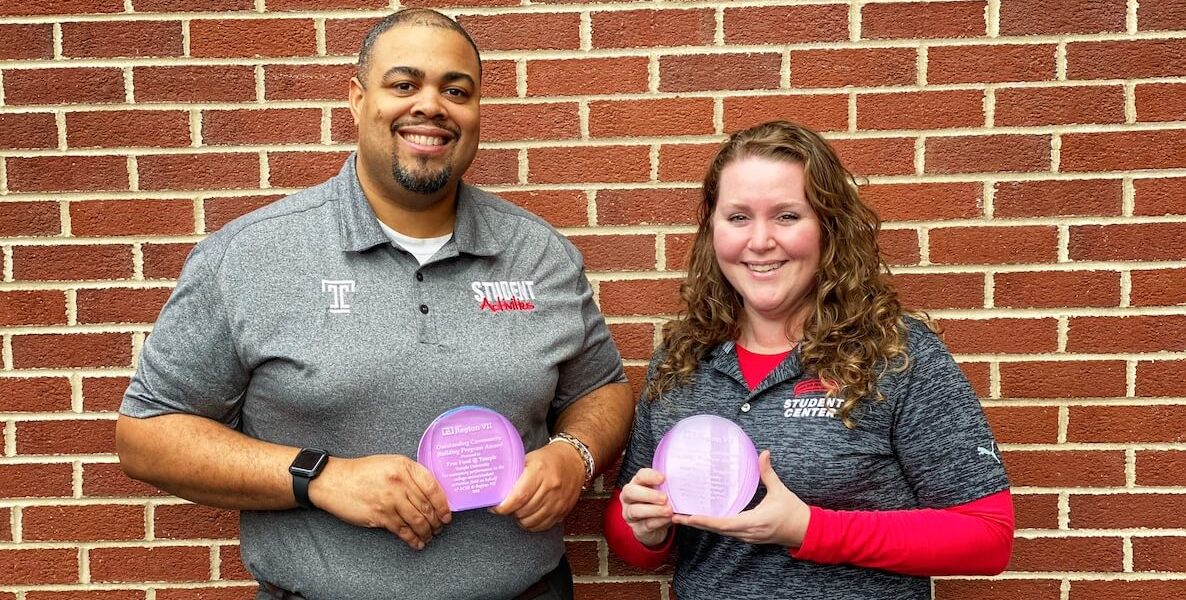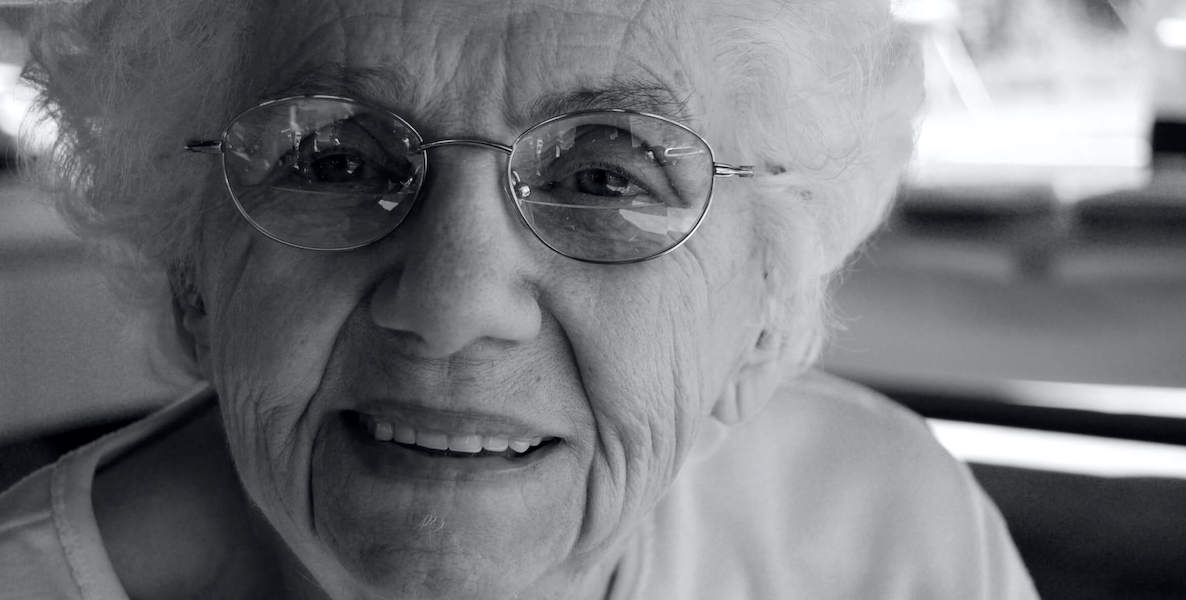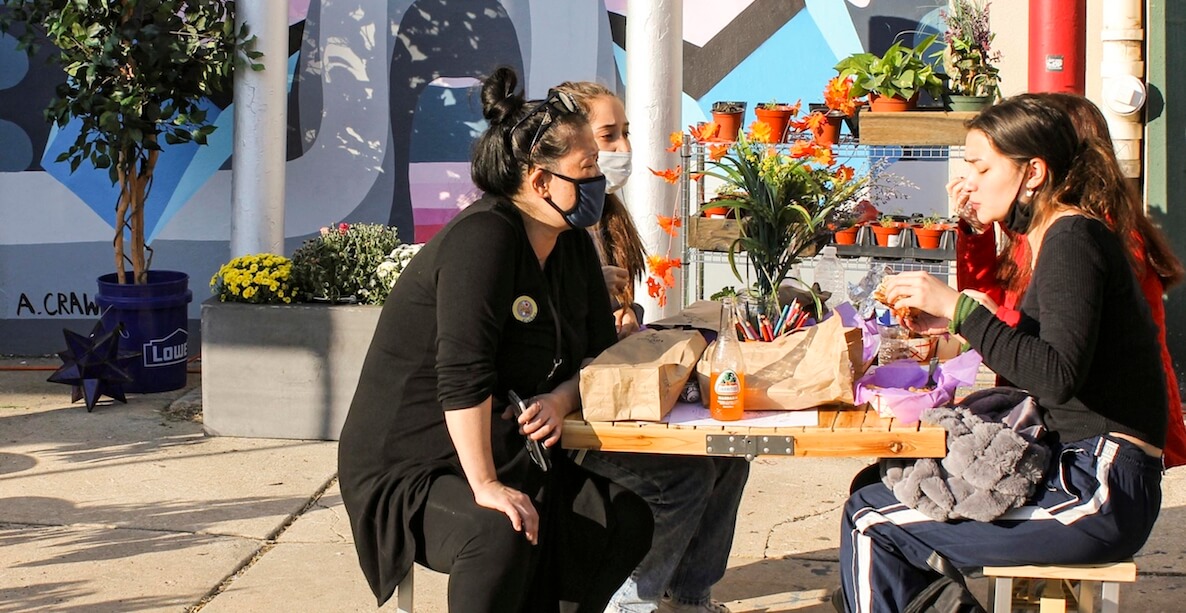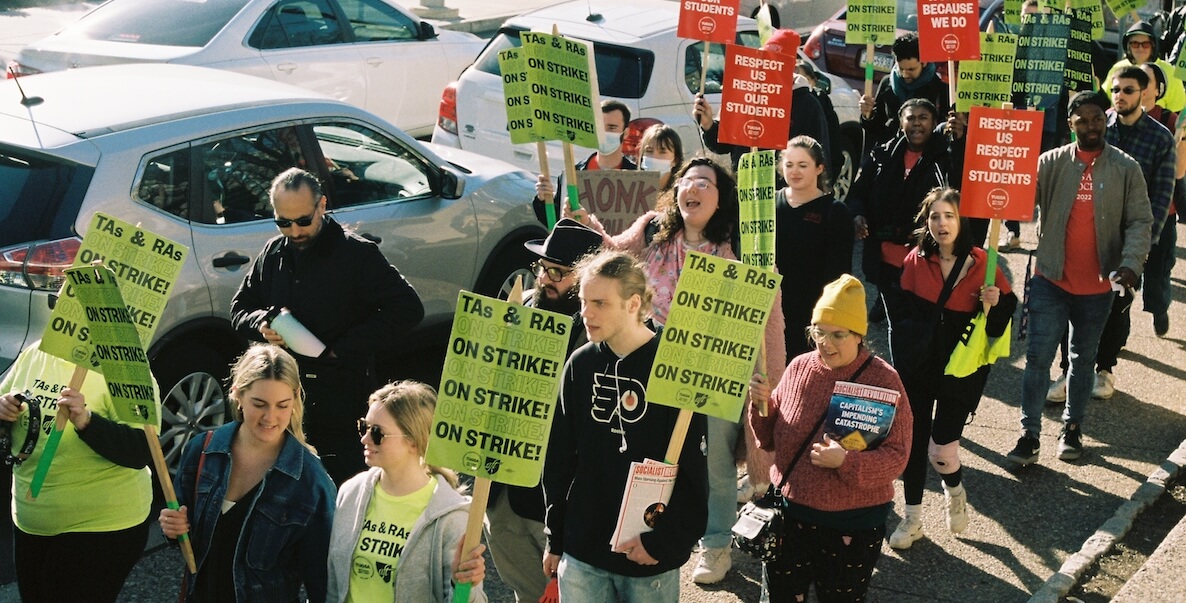Last week, after an ugly battle spanning six weeks, the Temple University Graduate Student Workers Association strike came to an end. Graduate students will receive a bump in pay and additional benefits in their new contract. This resolution comes after the university removed benefits and tuition assistance from striking students.
Temple has had its fair share of newsworthy headlines lately. In 2021, Moshe Porat, the dean of Temple’s business school, was caught in a scheme to report inflated program stats in order to inflate the school’s ranking among competitors. Just under a year and a half ago, a student was killed during a carjacking; last month a Temple police officer was killed while on patrol. Faculty members will meet Friday to formally decide whether or not to cast a vote of no-confidence in President Jason Wingard. These incidents, compounded by the student strike, bring Temple to a day of reckoning.
“Why would someone want to go to an institution that treats a very important part of their community the way that Temple has?” says Ryan.
The university must now wrestle with some deeply unsettling and potentially unanswerable questions: Just how much damage has been done to Temple’s public image? What are the long-term implications for the school, its future and the community it calls home? Can it recover its reputation as a school for everyday Philadelphians?
“What Temple did is not at all illegal, but from a PR standpoint, it will outlast the actual strike,” says Rutgers assistant teaching professor Francis Ryan, who directs the school’s masters program for labor and employment relations. “It will have a long-term effect on how Temple is perceived as a community for higher learning.”
A lot of students are going to walk away
The strike came in the wake of roughly a year of stagnant negotiations.
From the beginning, the graduate students, who were earning $19,500 yearly, asked for a new living wage base pay of $32,800. Additionally, the union called for longer parental leave, which was capped at five days. They also stressed the need for better family healthcare plans, which they say cost between 58 percent and 86 percent of the annual salary.
The University responded that graduate student workers typically work 20 hours a week for nine months out of the year, which meant their base hourly pay was roughly $25. The administration noted that while it was committed to “fair compensation and benefits that are competitive with the market,” they also needed to “ensure that Temple remains economically sound.”
“Other public sector universities during graduate employee strikes in recent years — even the ones that have gotten tough in various ways — haven’t quite gone this far,” says Shannan Clark.
In November of 2022, as negotiations continued to be fruitless, the union voted to authorize a strike. At that point, the union says, the administration refused to continue negotiating unless the students made major concessions. In February, after an entire year of working without a contract, the union officially went on strike.
The administrative response was swift. Graduate students anticipated losing their weekly wages but were stunned to receive a “balance due” letter from the Bursar’s office, noting that anyone participating in the strike would also lose their $20,000 tuition stipend. Any striking students would also be stripped of their health benefits.
Montclair University associate professor Shannan Clark, a founder and organizer with Columbia University’s first graduate employees union organizing effort, has paid close attention to graduate student unions. He says he was stunned by Temple’s actions. “Other public sector universities during graduate employee strikes in recent years — even the ones that have gotten tough in various ways — haven’t quite gone this far,” he says.
On March 13, the union and the administration finally reached an agreement. The base pay for their new contract will now be $24,000 for the first year and increase to $27,000 by the fourth year. The contract also includes partial coverage of dependent health care, improvements to workloads and the grievance process.
While the saga played out, the six-week-long strike accumulated daily news coverage in local and national outlets — often in ways that put Temple in the same category as the Amazons and Starbucks of the world. As University of Michigan history professor Heather Ann Thompson put it in a CNN column:
Both private and public universities have seen increases in recent decades in union organizing — at the same time as those institutions have become more and more reliant on the labor of teaching assistants and adjuncts. Universities that have opposed unionization have argued that treating graduate students as workers and allowing them to collectively bargain somehow devalues the specialized nature of their training and the individual mentorship they receive from faculty.
But the truth is that while the graduate student unionization movement isn’t new, the teaching and grading they do is labor, period — and no university has yet made the decision to go right for the jugular of its employee union in quite the sinister way that Temple University just has.
Ryan wonders how Temple will recover from what he sees as a “marketing disaster.” Although he says he maintains affection for Temple stemming from his days as a faculty member there, the Rutgers educator notes he has several students who are no longer interested in applying to Temple.
“I think a lot of prospective graduate students are going to walk away,” he says. “They’re not going to apply to Temple. Why would someone want to go to an institution that treats a very important part of their community the way that Temple has?”
Ryan also says his students’ wariness of Temple is not isolated to the union fight but is rather part of a larger public image problem.
And it’s not just him. One of Clark’s first observations concerned the steps Temple will need to take to recover. “If Temple is able to maintain these sort of draconian, retaliatory policies they’re taking,” he says, “It will have a definite impact on recruiting.”
A mission — to educate working class Philadelphians — in peril
Temple’s longstanding mission has been to be the institution for the working class, especially for Philadelphians. Ryan still sees glimmers of hope in the presence of commuters hopping off the Broad Street Line to have a soft pretzel underneath the bell tower with relatable instructors before class.
“It’s the people’s college,” he says. “It’s the university where the blue-collared sons and daughters of Philadelphia take the Market/Frankford and Broad Street lines to get to campus. The founder Russell Crowell had a vision for what the university could be for students who don’t necessarily come from rich backgrounds. Over the years that’s what Temple has always been.”
But it’s hard to square that mission with the dispute over pay. Graduate students fought for a living wage, which is currently about $36,000 a year, according to MIT’s wage calculator. Temple officials balked, putting the core identity of Temple up in the air.
Ryan still sees glimmers of hope in the presence of commuters hopping off the Broad Street Line to have a soft pretzel underneath the bell tower with relatable instructors before class.
“Sadly, it seems as though Temple is forgetting that tradition,” says Ryan. “It has changed the soul of the university. It seems as though they’re looking elsewhere to develop their brand.”
Bethany Kosmicki, the board-appointed past president of Temple’s graduate student union, notes that the mission is still used for marketing. “But they don’t stand behind the values that they claim to hold,” she says.
Temple’s process to reconnect with their brand and fix their reputation may be made messier yet as faculty members prepare to cast a potential vote of no confidence in Temple’s current leadership. Two motivating factors for that vote are the administration’s handling of the strike and the working conditions for students in campus classrooms. Temple relies heavily on graduate students — who cost less — to teach some classes, following a growing trend amongst universities nationwide.
While a faculty no-confidence vote is symbolic in nature and holds no direct repercussions, the message is clear: Things at Temple have reached a boiling point.
“[Faculty] members expressed overwhelming concern over the administration’s actions, including their handling of the graduate student workers strike, university finances, faculty and staff cuts, the office of ethics and research, and a failure to live up to Temple University’s longstanding mission of public education,” the Temple Association of University Professionals said in a statement on the vote.
While the strike has come to an end, it appears the fight at Temple is ongoing. Only time will tell if the university can improve faculty confidence, labor relations, and safety on its storied Philadelphia campus.
![]()
MORE ON HIGHER LEARNING IN PHILADELPHIA
Temple's graduate student strike. Photo by Stanley Collins.








